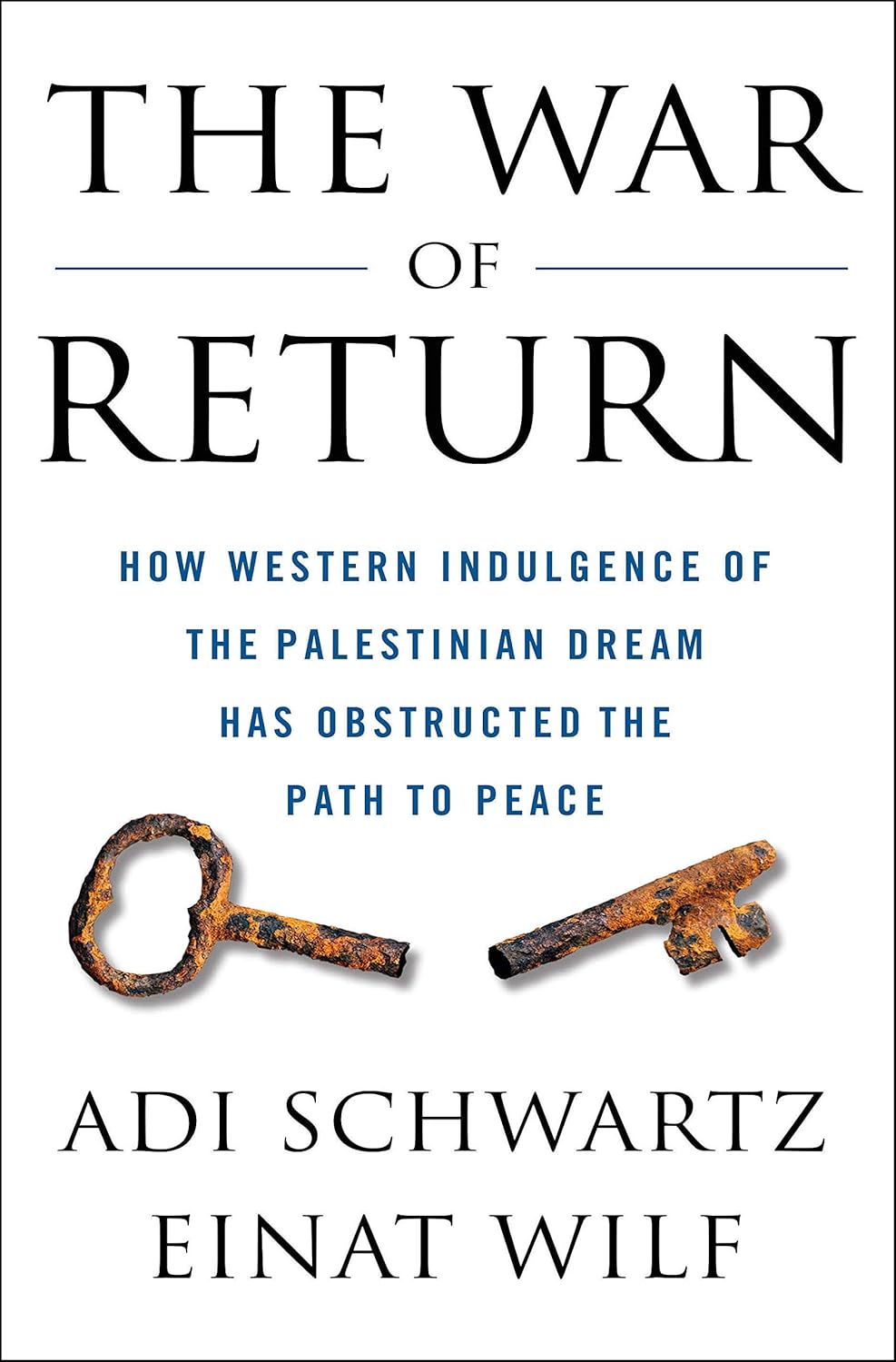

Frequently Asked Questions
Media

Oz Party Interview at ILTV
In this one-one interview Dr. Einat Wilf discusses with Maayan Hoffman the tenets of Oz Party and how they address the challenges to Israel and the Jewish people
Oz Party interview at Boundless Insights
A new vision for Israel - an in depth discussion with Aviva Klompas at Boundless Insights on Oz Party, its key tenets, and the future Oz envisions for Israel

Unraveling the Israeli-Palestinian Conflict: An Insightful Exploration of History and Delusions
Join Dr. Einat Wilf in a profound discussion on the complexities of the Israeli-Palestinian conflict. In this powerful talk, she delves into the decades-long development of two key aspects: the sustaining of the Palestinian vision and the global mental preparation that led to the events of October 7th, 2023.

Exploring Israel's Statehood and the Palestinian Refugee Issue: Einat Wilf on Call me Back podcast
Join Dan Senor on the Call me Back podcast in a captivating discussion with Dr. Einat Wilf as she shares her personal journey from politics to the war of ideas and back, providing a compelling narrative of historical context, including the impact of the Ottoman Empire, British mandates, and the pivotal UN Resolution 181.

The Real War is not in Gaza
Can Palestinian society be deradicalized? What might that even mean? Is the problem a religious one? A political one? Can Israel play a part, and how would that look?
In this episode of Ask Haviv Anything we turned to Dr. Einat Wilf, a leading thinker and writer on Israel, on the conflict, on the history of the two peoples, and on Israel's foreign and education policies.

Einat Wilf Answers 18 Questions on Gaza, Anti-Zionism, and the Israel-Hamas War
The true enemy in Israel’s current war, Einat Wilf says, is what she calls “Palestinianism.”
Once part of the Israeli left, Einat Wilf is a popular political thinker on Israel, Zionism, and foreign policy. Her 2020 co-authored book, “The War of Return,” outlines what she believes lies at the core of the Palestinian-Israeli conflict: the Palestinian people’s “Right of Return” is what makes this conflict unresolvable.

Einat Wilf speaks at UN Briefing on UNRWA
Dr. Einat Wilf explains the essence of UNRWA at a briefing to UN delegations at the UN HQ in NYC hosted by Israel’s Ambassador to the UN. This briefing provides a summary of UNRWA’s history and how it became the ideological backbone of the Palestinian vision of violent “return” as manifested on October 7th, and how UNRWA has given birth to every terrorist organization from Black September to Hamas.

Zionism and Anti-Zionism: The History of Two Opposing Ideas
For the first time in many decades, the debate between Zionism and anti-Zionism seems to be at the center of public discourse throughout America and the West. But what are the fundamental beliefs, assumptions, and narratives behind these two opposing ideas? In this series, join Dr. Einat Wilf, a former member of Israel’s parliament and a scholar of Zionist thought for a comprehensive look at the history of Zionism—political, social, and religious—and the schools of anti-Zionism that have opposed it.
We Should All Be Zionists Podcast
Dr. Wilf discusses the psychological implications of anti-Zionism on Jews in the Diaspora today, from campus, to political organizations, and beyond, and the differences between right-wing and left-wing antisemitism. Then, Blake Flayton and Dr. Wilf discuss Blake's personal experience with anti-Zionism in college, and how it affected him and how it affects many young Jewish people today.
To Organize a House Meeting
In the coming months, Dr. Einat Wilf intends to meet with a broad range of audiences in order to assess whether the vision and ideas she speaks and writes about resonate politically with a broad public.
To book a house meeting or to inquire about a gathering near your area, or for any other questions, please contact us here:



